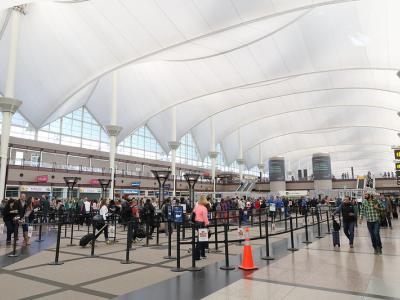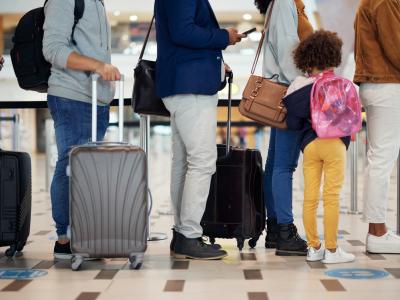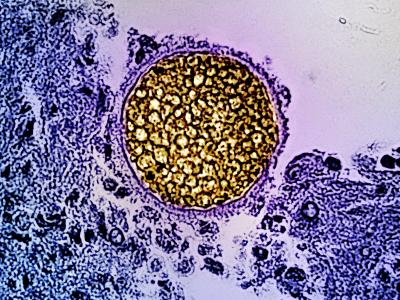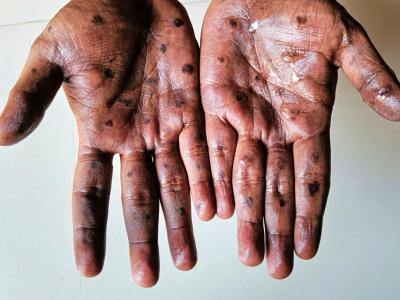$100 million next-generation genomics initiative begins in Africa
A group led by the African Commission through the Africa Centres for Disease Control and Prevention (Africa CDC), yesterday launched the Africa Pathogen Genomics Initiative (Africa PGI), a $100 million, 4-year partnership to expand and integrate next-generation genomic sequencing (NGS) capabilities across the continent to improve health surveillance and lab networks and better tackle antimicrobial resistance (AMR).
"The Africa PGI will help Member States build their capacities to operate strong surveillance and laboratory networks supported by advanced technologies to reduce the burden of disease and respond to outbreaks quickly and effectively," Africa CDC Director John Nkengasong, PhD, MS said in a press release.
While some institutions in Africa already have access to NGS technology, the necessary finances, training, and database infrastructure has not been in place for widespread use. To address this, critical partners in the effort include Illumina and Oxford Nanopore, which are providing NGS machines and training; the Bill and Melinda Gates Foundation and the US Centers for Disease Control and Prevention, which are providing funding and technological assistance such as the Advanced Molecular Detection program; and Microsoft, which will be working with Africa PGI on its digital architecture and more.
Africa PGI hopes to create systems to better prevent, track, and control the approximately 140 infectious disease outbreaks that the continent sees each year as well as problems due to AMR. Besides creating a real-time, shared database, the initiative will also establish a training program for pathogen genomics and connect participants with international research opportunities.
Oct 12 Africa CDC press release
French Guiana reports first Oropouche fever outbreak
The World Health Organization (WHO) today detailed the first detection of Oropouche fever, a vector-borne illness that has symptoms similar to dengue and similar diseases—in French Guiana, the latest country in the Americas to report the virus.
In a statement, the WHO said French Guiana health officials identified seven lab-confirmed cases in Saul, following a probe into a number of dengue-type infections in the remote village that is surrounded by the Amazon rain forest.
The area is a popular hiking destination, but the population is currently low due to pandemic-related travel restrictions, and the attack rate appears to be as high as 70%. Of 37 suspected cases, most involved men, with a median age of 36 years.
Public health investigations are under way, including a mission to explore vector sources, which could include midges or mosquito species known to spread the virus in the Americas.
Earlier Oropouche outbreaks have been reported in both rural and urban settings in a number of other countries in the Americas region, including Brazil and Peru.
Oct 13 WHO statement











